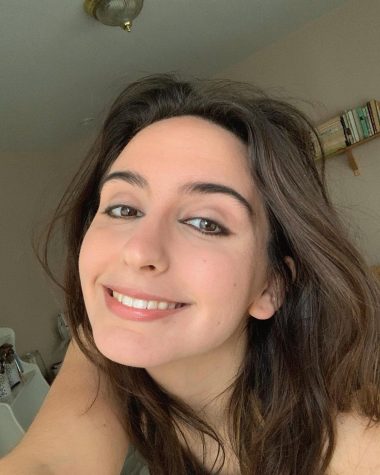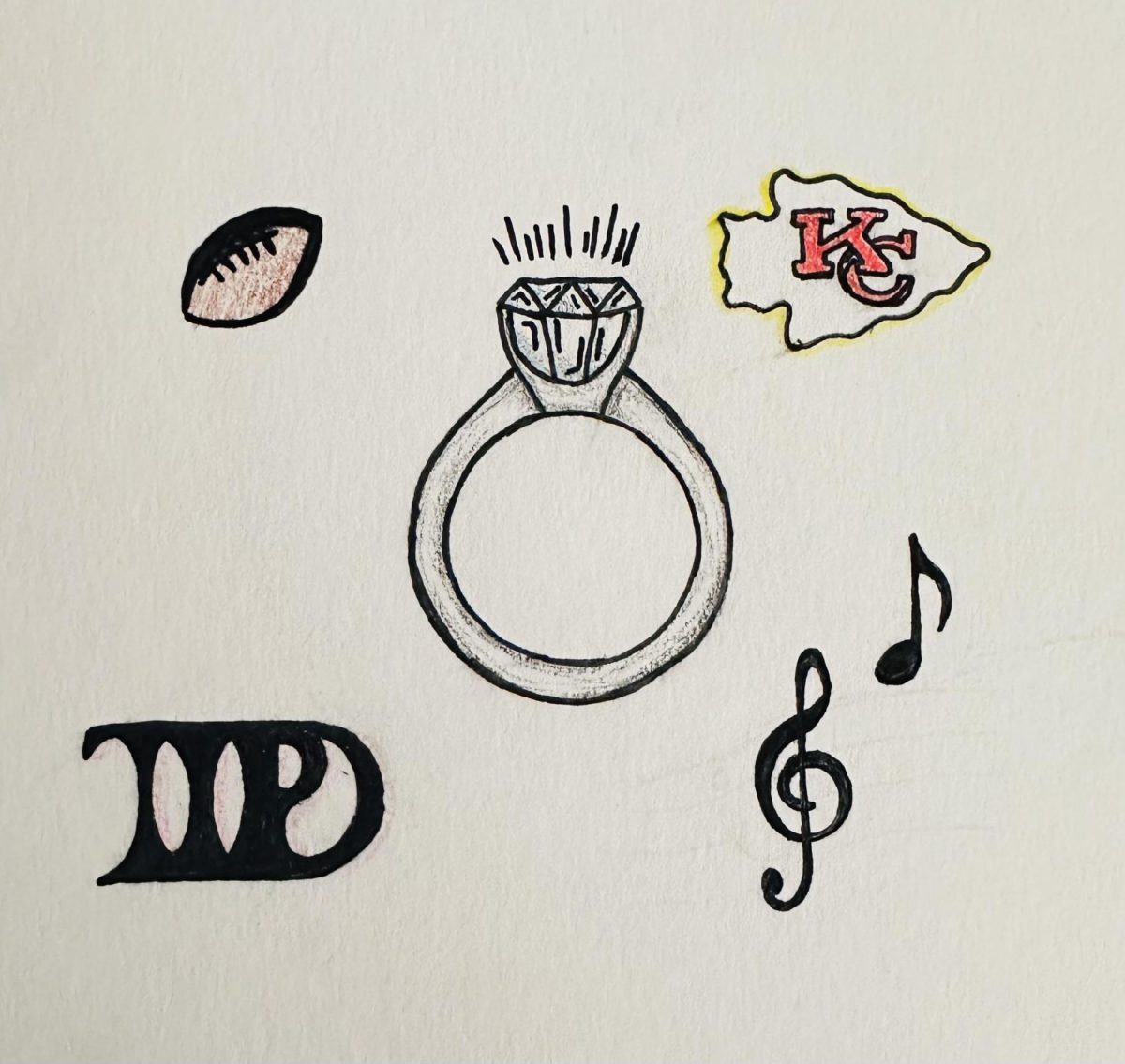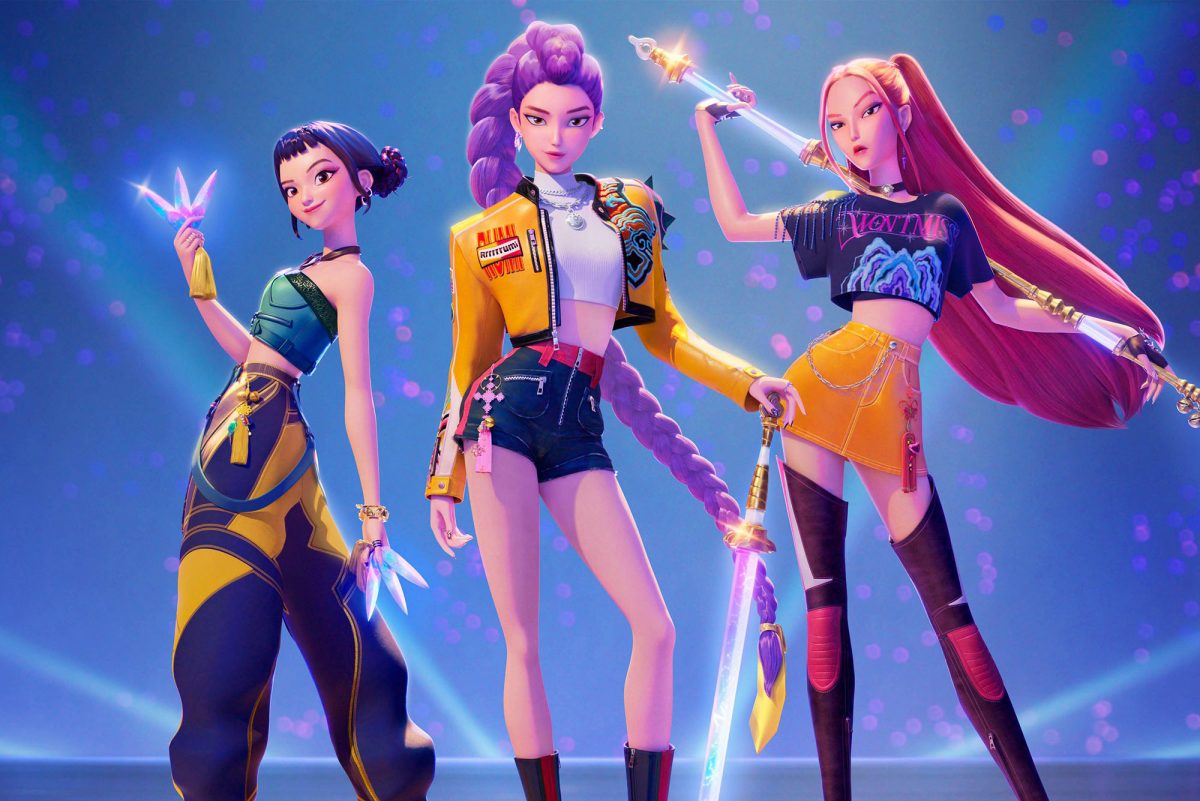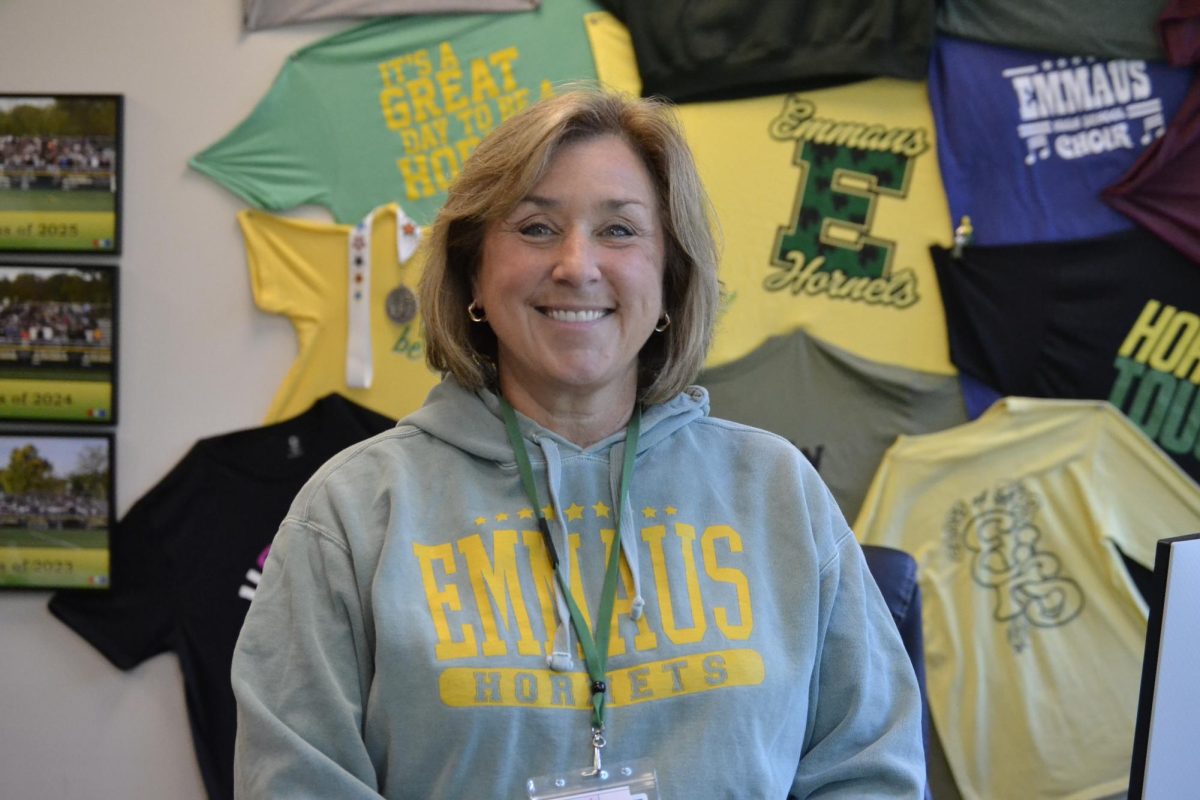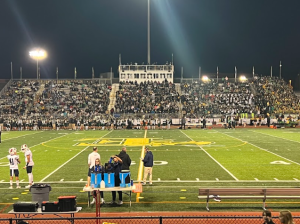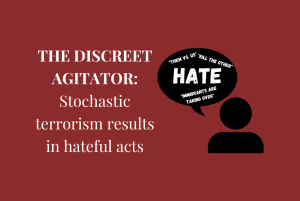Gen-Z: Growing up as activists
Jun 19, 2021
Entering an era where students have been, arguably, more empowered than ever, the Mahanoy Area School District v. B.L. case is a welcome addition to students taking charge of their rights.
Brandi Levy’s explicit Snapchat concerning her school sports is, although undoubtedly explicit, permissible by way of the First Amendment. The infamous Tinker v. Des Moines Independent Community School District and Burnside v. Byars regarding students’ rights to free expression and speech that preceded Levi’s case are reassuring verdicts, particularly for students across the U.S. In an age where phones have become an integral part of being a teenager, and computers have become our classrooms, escaping technology is impossible: in or out of school. The Mahanoy Area School District claims that Brandi’s speech caused a disruption at school and, therefore, was not protected speech. However, is it the school’s responsibility to monitor their students’ social media accounts, particularly private accounts? In turn, if a student is to verbally slander or insults the school to another student, can that student then be suspended from activities? As determined in 1969 that students and teachers do not “shed their constitutional rights to freedom of speech or expression at the schoolhouse gate,” Mahanoy Area School District is arguing that, regardless of the “schoolhouse gate”, schools have authority over students beyond the confines of the school building. If this is so, and determined by the Supreme Court, where does the power of a school begin and end?
Young adults’ intolerance for infringements on their rights has continued to surface over the past few years. Born in 2013, the #BlackLivesMatter movement has continuously advocated for the “power to bring justice, healing, and freedom to Black people across the globe,” as cited on their website. These global movements empower young people. In 2018, the March For Our Lives student-led movement began in support of gun control legislation following the shooting at Marjory Stoneman Douglas High School in Parkland, Florida on Feb. 14. When a cry for help, or a call for action, to the government or the Supreme Court is acknowledged and answered, change can begin to be seen. Brandi Levy’s courage to stand up for her rights and hold her school accountable is inspiring, just as Mary Beth Tinker, Margaret Burnside, the hundreds of thousands of young BLM protestors, and the Parkland high school survivors were when they challenged those who tried to suppress them. As stated in an article published by Teen Vogue, “If students are being told that they don’t have constitutional rights within their schools, what are we telling them about civics in America? What are we telling them about democracy in America?” The bravery for young adults to take on powerful institutes of the American government isn’t new. This brings to light that often, even small legislatures, may not always lean in favor of equal civil rights and independent freedoms.
Generation Z, daunted by the problems left to us by our older generations, such as climate change, terrorism, and racial and gender inequality, has confronted each of these issues head-on. 16-year-old climate activist Greta Thunberg, 22-year-old Minister of State for Youth Affairs Shamma bint Suhail Faris Mazrui, David Hogg, Jaclyn Corin, Emma González, Cameron Kasky, and Alex Wind organized #MarchForOurLives, 12-year-old LGBTQ+ activist Desmond Napoles are a few of the long list of young activists who are working to combat the social issues that have plagued America for the past century. I have already lived through a national security crisis, two recessions, nationwide civil unrest, a looming concern over climate change and school violence, a siege of the Capitol building, and a pandemic. And I’m only 17. When you enter a world full of bias with your mind as, essentially, a blank slate, it’s easy to question what’s right and wrong, and what’s going on all around you. I may not have been born to see 9/11, but I live in a post-9/11 world, where terrorism, bombings, and shootings, have become accustomed to the 6 o’clock news. What you see is what you perceive. Growing up with the first-ever black president undoubtedly bred a generation that perceives race differently than those who came before us. We’ve been handed the Internet as a toy, filled with endless information, bursting with new ideas, and different opinions that have led us to question almost everything and never take what we see at surface level as fact. We’ve lived through the legalization of gay marriage. Each of these landmark achievements has ingrained a progressive mindset into Generation-Z. We are being called to action because of the conditions we live in today, and the conditions we want to live in tomorrow. Sixteen-year-old climate activist Greta Thunberg, 22-year-old Minister of State for Youth Affairs Shamma bint Suhail Faris Mazrui, David Hogg, Jaclyn Corin, Emma González, Cameron Kasky, and Alex Wind organized #MarchForOurLives, 12-year-old LGBTQ+ activist Desmond Napoles are a few of the long list of young activists who are working to combat the social issues that have plagued America for the past century.
As the Mahanoy Area School District v. B.L. case draws on, it’s important to note that the behavior of Generation-Z was not born, but made. These teenagers are hungry for change, and they will not stop until they’re satisfied.


